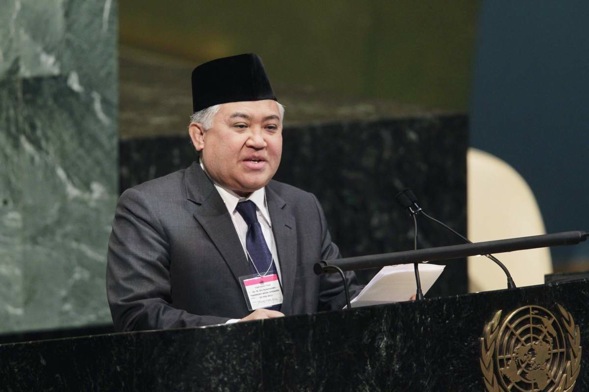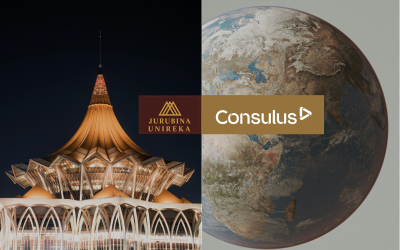Prof Dr M Din Syamsuddin, Chairman, Muhammadiyah and Indonesia Ulama Council
Photo Credit: The Committee of Religious NGOs at the United Nations
Prof Dr M Din Syamsuddin is one of Indonesia’s most influential leaders. He leads Muhammadiyah, the second largest Islamic organisation in Indonesia with 29 million members. He shares his thoughts about the Arab Spring and making meaningful changes.
What was the meaning of the Arab Spring and how has it changed the Arab world?
The Arab Spring has largely been brought about by the change in media platforms such as Twitter, Facebook and similar social networks. It was a reaction against autocratic regimes. It is a process of democratisation and what began in Tunisia, Egypt and Libya is just the start. We are still not sure at how it will turn out. And we will have to wait for a while because there are emerging political movements such as the Muslim Brotherhood as well as secular political movements. How their evolution will impact the Arab world is still too early to tell. But moving forward, things have to calm down and the Arab world will must move towards a peaceful evolution like Indonesia.
Turkey and Indonesia were cited as great examples that Islamic countries can have strong democratic institutions and strong economic growth. Why do you think it has worked so far?
Both countries are quite different and, in the case of Indonesia, we have a long history of inclusiveness. If you look at our history, at the empires of the past, Indonesia was always able to welcome other cultures. And so our blend of Islam tend to be more open to dialogue and include others. Of course, both countries show that Islam is supportive of democratic development and economic growth.
What can Indonesia do for a different Arab world?
I believe there are a few things that we can do and, of course, Indonesia is already very involved with the different processes in that part of the world. I should mention a couple ideas. For one, Indonesia has a developed political system that provides a platform for a diversity of ideas. As the largest Islamic country in the world, we are pleased that we were able to have a consultative process to share different views and come together. Next is our ability to work with the foreign nations. I believe as countries like Tunisia and Libya opens up, they will need to know how to welcome foreign companies and yet not compromise their values.
Change is easier said than done but in your opinion, how do we really make it work?
Change is always necessary and important. Change with innovation is good but I always say that change has to be sustainable and meaningful. We just had a conference at Muhammadiyah University at Yogyakarta which was about sustainable innovation and I think this is extremely important. And that is not just about change but it must be a change for the better and for something more sustainable. So change with meaning is more important than just change.
If you could pick any leader in the Arab world right now to bring about lasting change, whom will you pick and what would you say to him?
If I could pick any leader, I would pick the leaders of Qatar. I have been traveling in and out of that country and I must say that I am very impressed with what they have done and within such a short time. It shows what the Arab world can do if they act with determination. I would advise the leaders of Qatar to share with their brothers in the Arab world on how they have wisely used resources. If the countries in the Arab world can emulate Qatar, then this path will go far to help the people in the region.
This interview was conducted for The Columnist, a newsletter by Consulus that offers ideas on business, design and world affairs.




